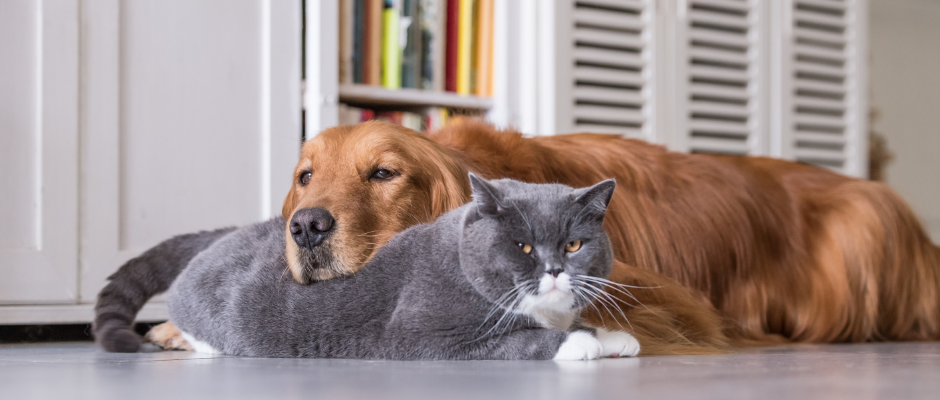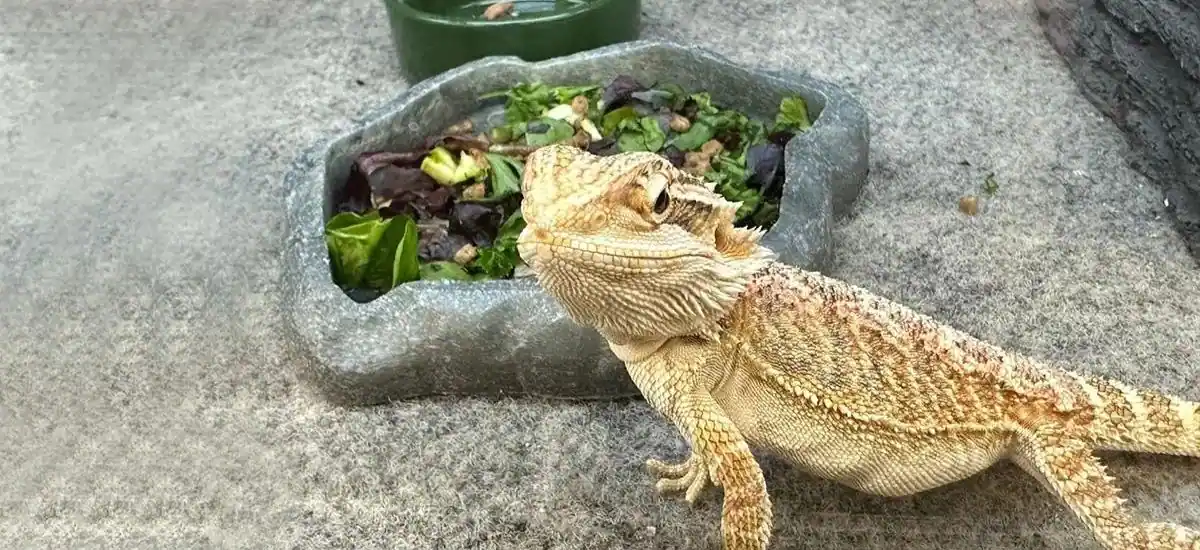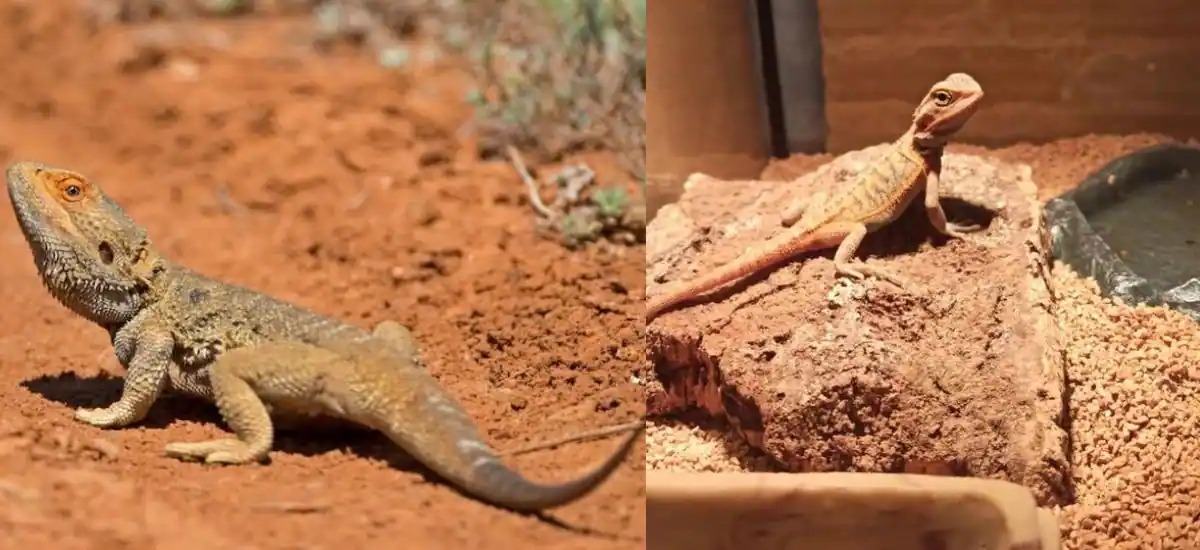If you’re wondering whether your bearded dragon can snack on bell peppers, the answer is yes! Bell peppers can be a healthy, vibrant addition to your beardie’s diet. These popular pets thrive on a varied diet, rich in vegetables, and bell peppers are a nutritious option. In this article, we’ll explore how these colorful vegetables can fit into your dragon’s dietary regimen, the nutritional benefits they offer, and how to properly introduce them to ensure your pet stays happy and healthy.
Nutritional Profile of Bell Peppers
Bell peppers are a nutritional powerhouse for not only humans but also bearded dragons. Here’s a detailed table showing the essential vitamins, minerals, and antioxidants found in different colors of bell peppers:
| Nutrient | Red Bell Pepper | Green Bell Pepper | Yellow Bell Pepper |
| Vitamin A (IU) | 3,155 | 370 | 200 |
| Vitamin C (mg) | 190.3 | 119.8 | 183.5 |
| Potassium (mg) | 211 | 175 | 212 |
| Magnesium (mg) | 14 | 10 | 15 |
| Water Content (%) | 92 | 94 | 92 |
| Dietary Fiber (g) | 1.7 | 1.3 | 0.9 |
This table highlights that red bell peppers are particularly rich in Vitamins A and C, making them an excellent choice for adding variety to your bearded dragon’s diet. Yellow and green peppers also provide significant nutrients but in varying amounts.
Can Bearded Dragons Eat Bell Peppers?
Absolutely! Bearded dragons can safely enjoy bell peppers as part of a balanced diet. These vegetables are an excellent choice due to their high vitamin content and low oxalate levels, which means they won’t hinder calcium absorption—a crucial factor in preventing metabolic bone disease in reptiles. When feeding bell peppers to your bearded dragon, it’s important to:
- Serve in moderation: Bell peppers should only be a part of a varied diet.
- Prepare properly: Always finely chop the peppers and remove the seeds to prevent choking.
- Rotate regularly: Introduce bell peppers along with other safe vegetables to provide a spectrum of nutrients.
In the upcoming sections, we’ll guide you on how to safely incorporate bell peppers into your bearded dragon’s meals and discuss any potential risks to keep an eye out for.
Why Can’t Bearded Dragons Eat Bell Peppers As A Staple?
While bell peppers are safe and provide nutritional benefits to bearded dragons, they should not form the cornerstone of their diet. The primary reason lies in the nutritional composition of bell peppers. Although they are rich in certain vitamins like vitamins A and C, bell peppers have a high water content and relatively low caloric value. This means they don’t provide enough of the essential nutrients, such as proteins and certain minerals, that bearded dragons require for optimal health.
Moreover, bell peppers lack adequate amounts of calcium, which is crucial for preventing metabolic bone disease—a common health issue in captive bearded dragons. A diet overly dependent on bell peppers can lead to a calcium-to-phosphorus imbalance, as these vegetables do not have the ideal ratio for reptile health, which should be close to 2:1, calcium to phosphorus.
Furthermore, while the low oxalate content in bell peppers is beneficial as it does not inhibit calcium absorption, relying solely or predominantly on bell peppers means your bearded dragon may miss out on other vital nutrients found in more suitable staple foods like dandelion greens, collard greens, and mustard greens, which have a more balanced nutritional profile suitable for daily consumption.
How to Safely Introduce Bell Peppers to a Bearded Dragon’s Diet
Introducing new foods to your bearded dragon’s diet should be done gradually to avoid digestive issues. Here’s how you can safely add bell peppers to their meals:
1. Start Small: Begin with a small piece of bell pepper to see how your dragon reacts. Watch for any signs of discomfort or allergic reactions.
2. Chop Finely: To avoid choking hazards, chop the bell pepper into small, manageable pieces that your dragon can easily consume.
3. Mix with Other Foods: Combine the bell pepper with other familiar greens and vegetables. This not only makes it more appealing but also balances the meal with various nutrients.
4. Observe and Adjust: Monitor your bearded dragon’s health and stool. If there are no adverse reactions, gradually increase the amount over time.
Potential Risks and Considerations
While bell peppers are safe for bearded dragons, there are a few considerations to keep in mind:
- Allergic Reactions: Like all new foods, bell peppers could potentially cause an allergic reaction. Symptoms to watch for include swelling, excessive scratching, or changes in stool.
- Overfeeding: Bell peppers should not replace staple greens in the diet; they should only complement them. Overfeeding can lead to nutritional imbalances.
- Pesticides: Always use organic bell peppers or wash them thoroughly to remove any pesticides that can be harmful to your pet.
Other Vegetables Safe for Bearded Dragons
Besides bell peppers, bearded dragons can enjoy a variety of vegetables that are safe and nutritious. Here are some excellent choices to diversify your dragon’s diet:
- Squash: Rich in vitamins and can be served daily.
- Carrots: High in vitamin A; serve in moderation due to sugar content.
- Collard Greens: A great source of calcium and vitamins.
- Zucchini: Low in oxalates and high in moisture, perfect for hydration.
Each vegetable has its own set of benefits, so rotating them will ensure that your bearded dragon receives a spectrum of nutrients necessary for a healthy life.
Frequently Asked Questions
Q1. Can bearded dragons eat the seeds of bell peppers?
Ans. No, always remove the seeds before feeding bell peppers to avoid choking hazards.
Q2. How often can I feed my bearded dragon bell peppers?
Ans. Bell peppers should be fed as a treat, not more than once or twice a week to maintain a balanced diet.
Q3. Are there any colors of bell peppers that are better for my bearded dragon?
Ans. Red bell peppers are slightly higher in vitamins but any color is fine as long as it’s fed in moderation.
Conclusion
Bell peppers can be a colorful and nutritious addition to your bearded dragon’s diet, provided they are introduced carefully and fed in moderation. By incorporating a variety of safe vegetables and monitoring your pet’s reaction, you can ensure a healthy and balanced diet that keeps your bearded dragon thriving.
Related Posts:-
- Bearded Dragon Third Eye Explained
- Best Insects for Bearded Dragons: What to Feed Your Pet
- Can Dogs Eat Oreos? Health Risks and Safe Alternatives





